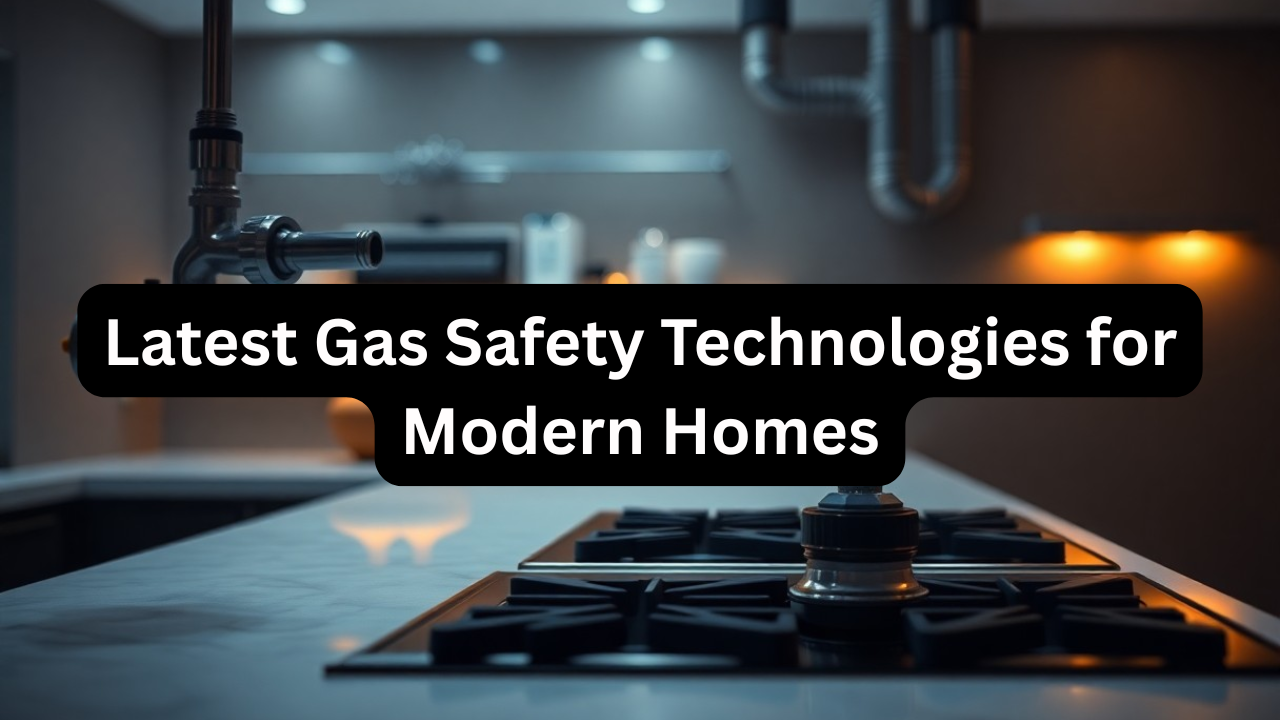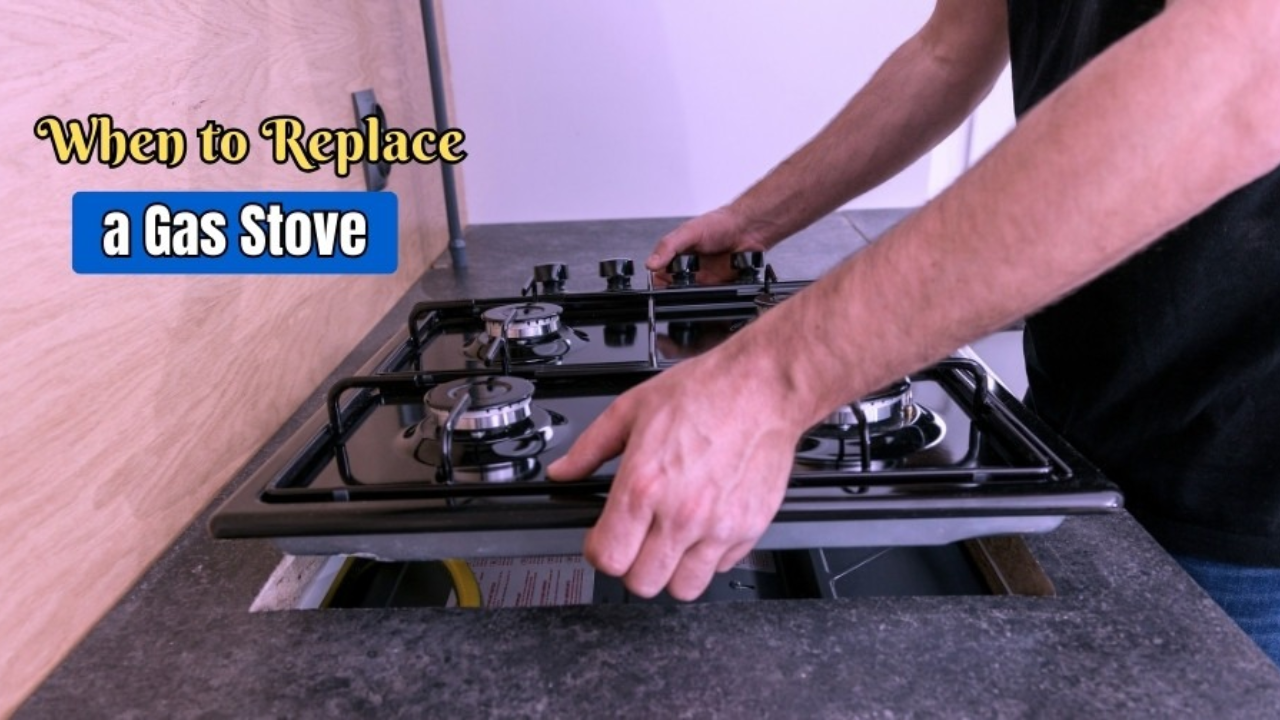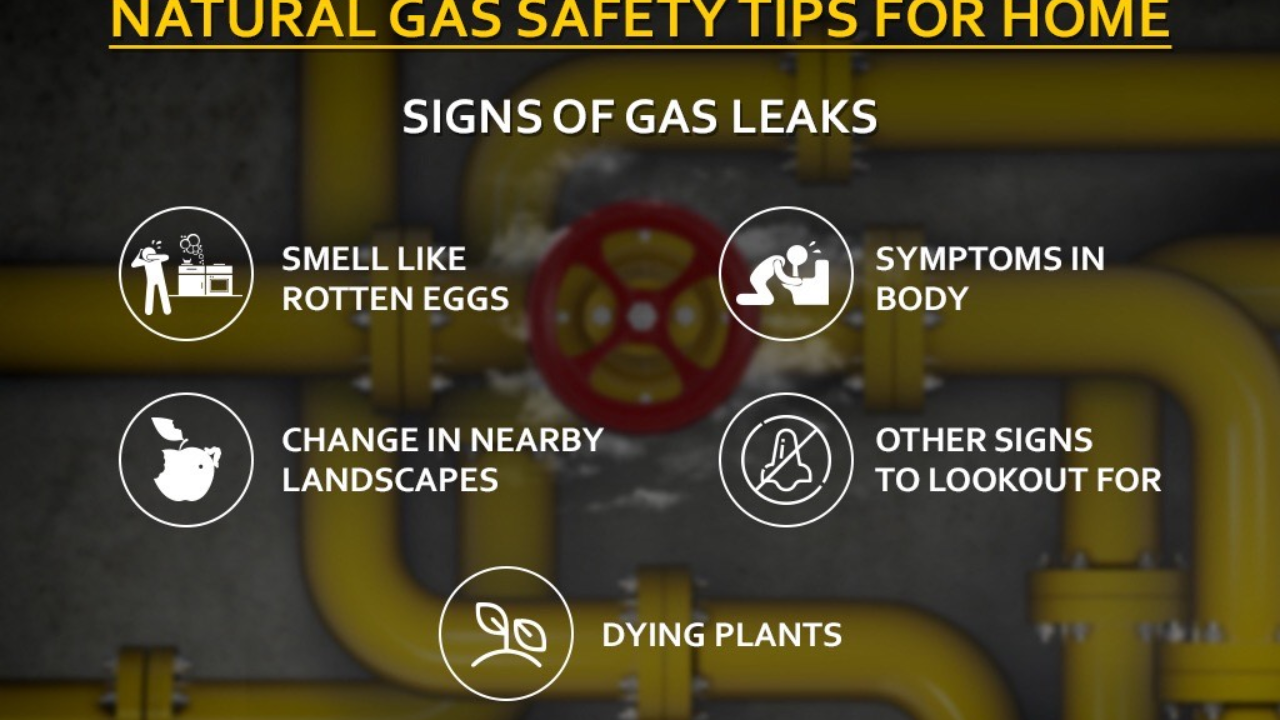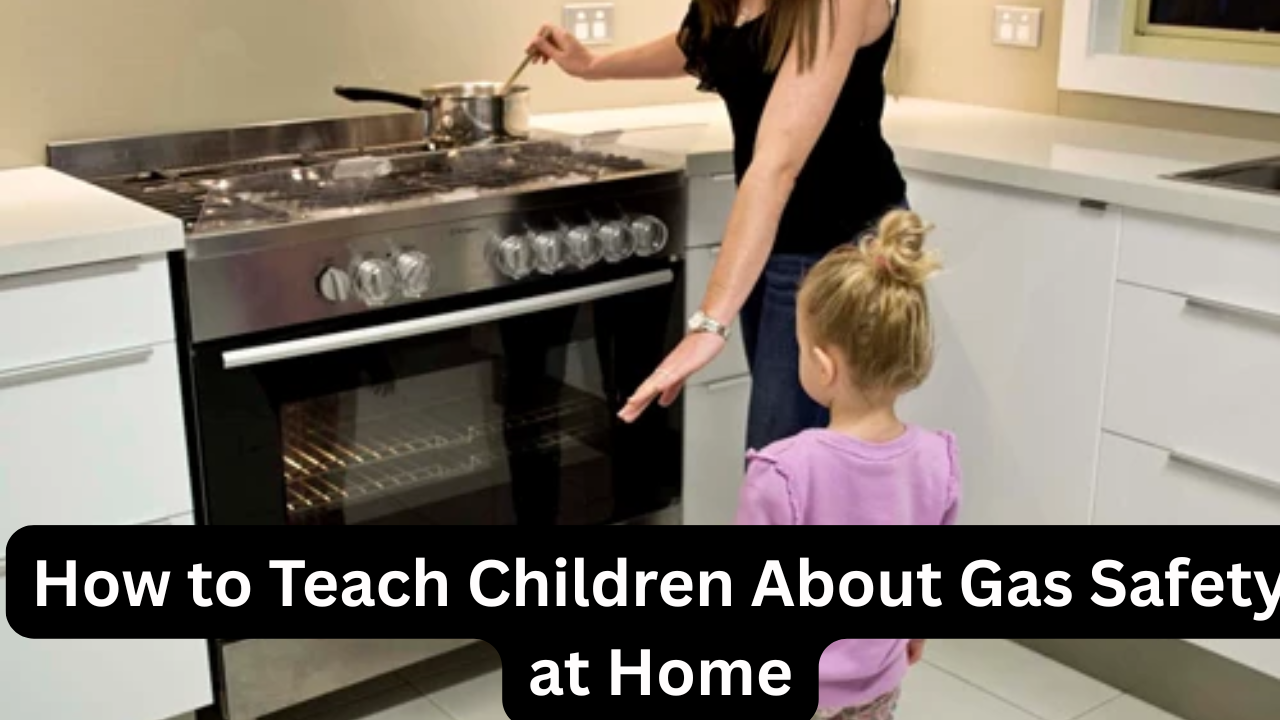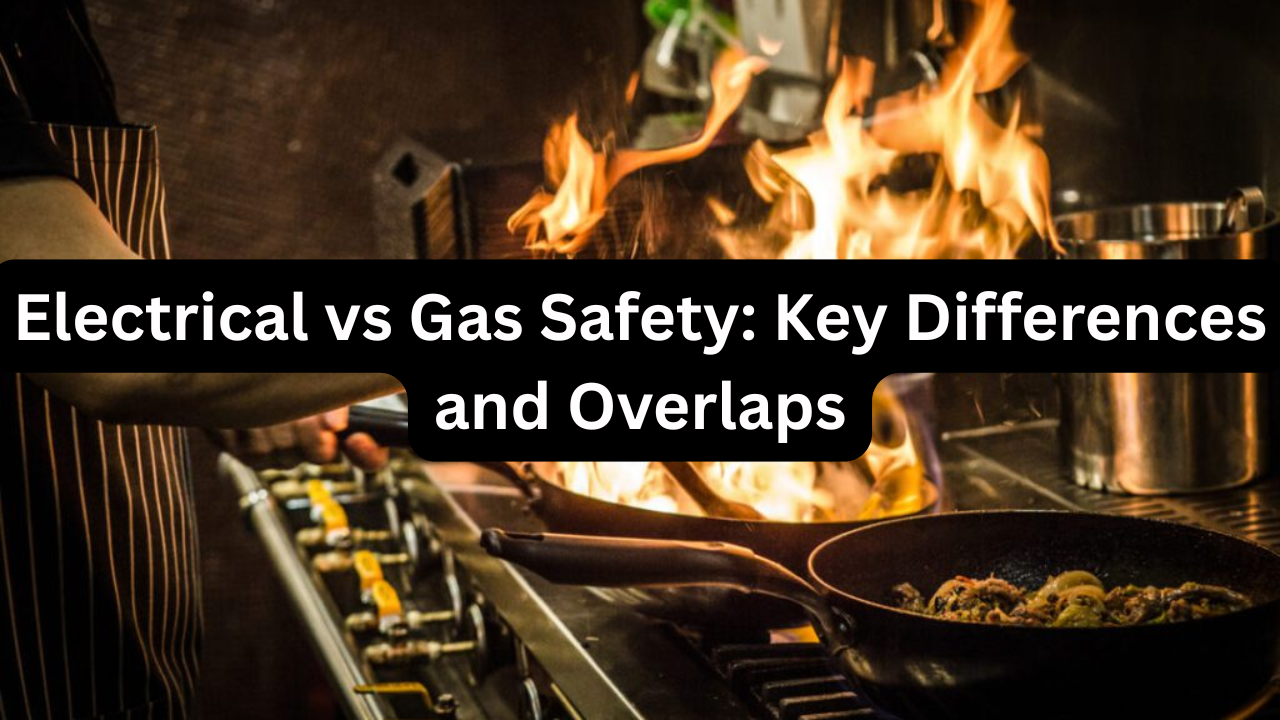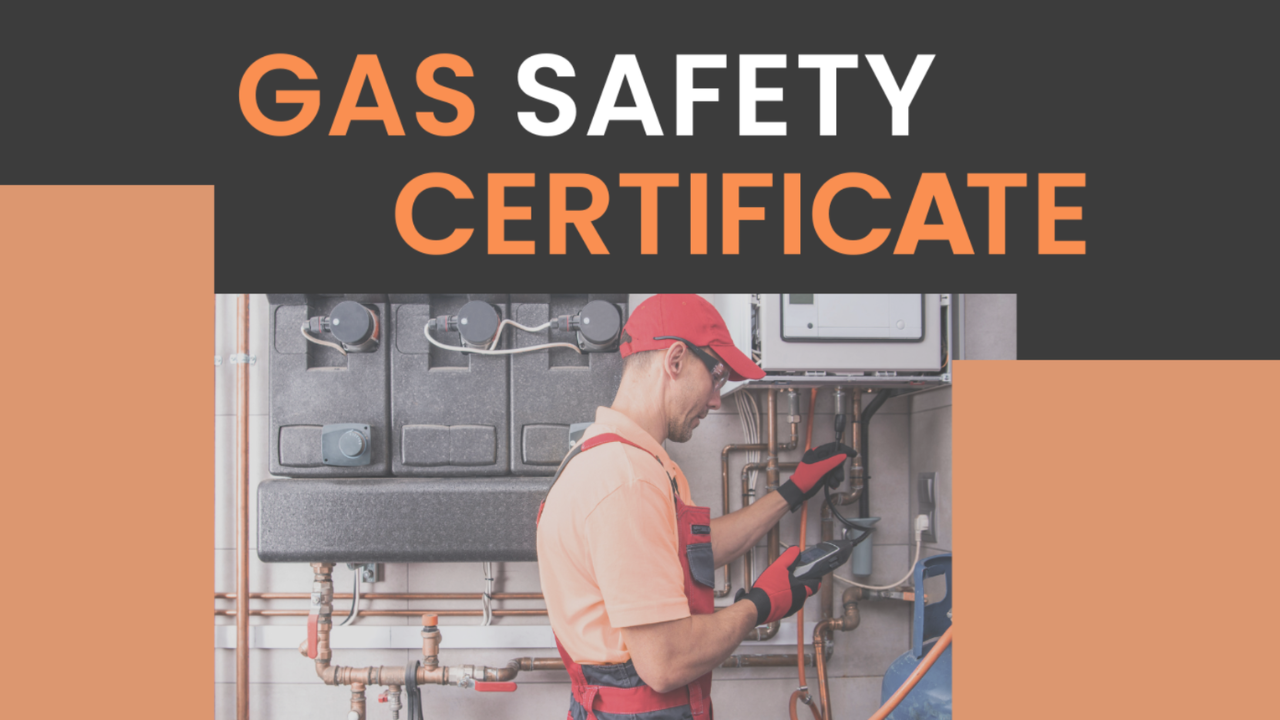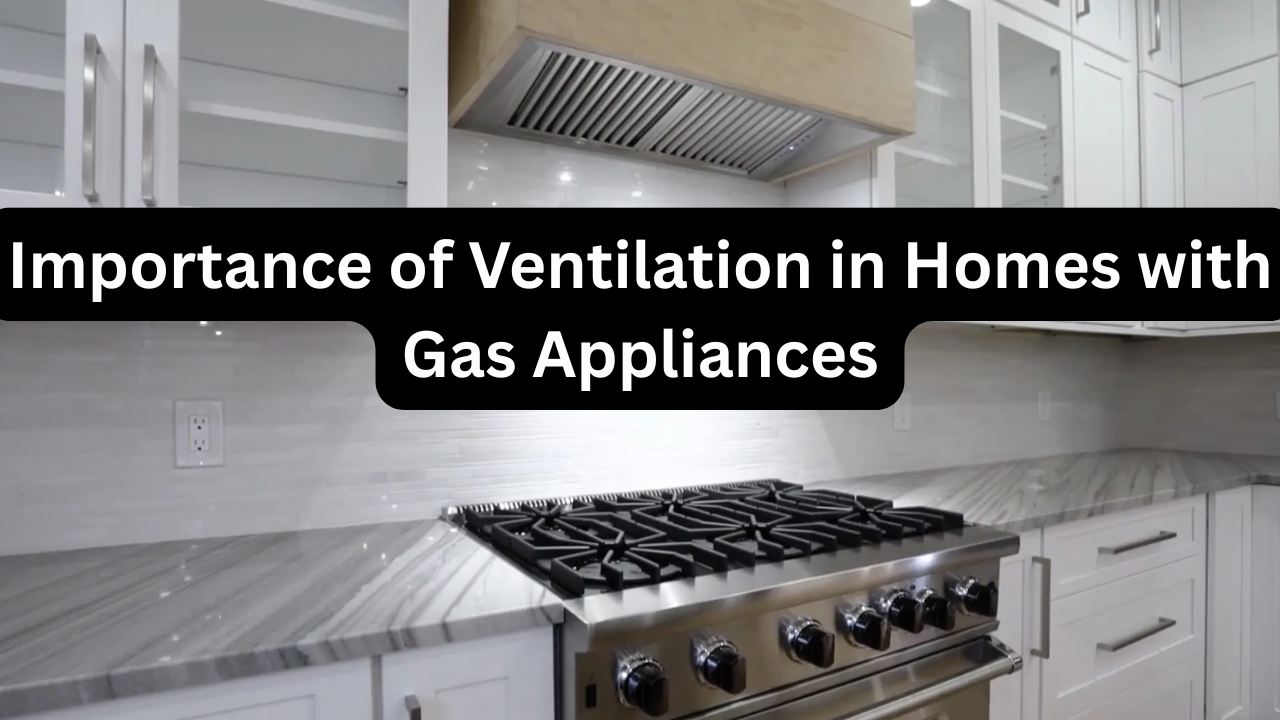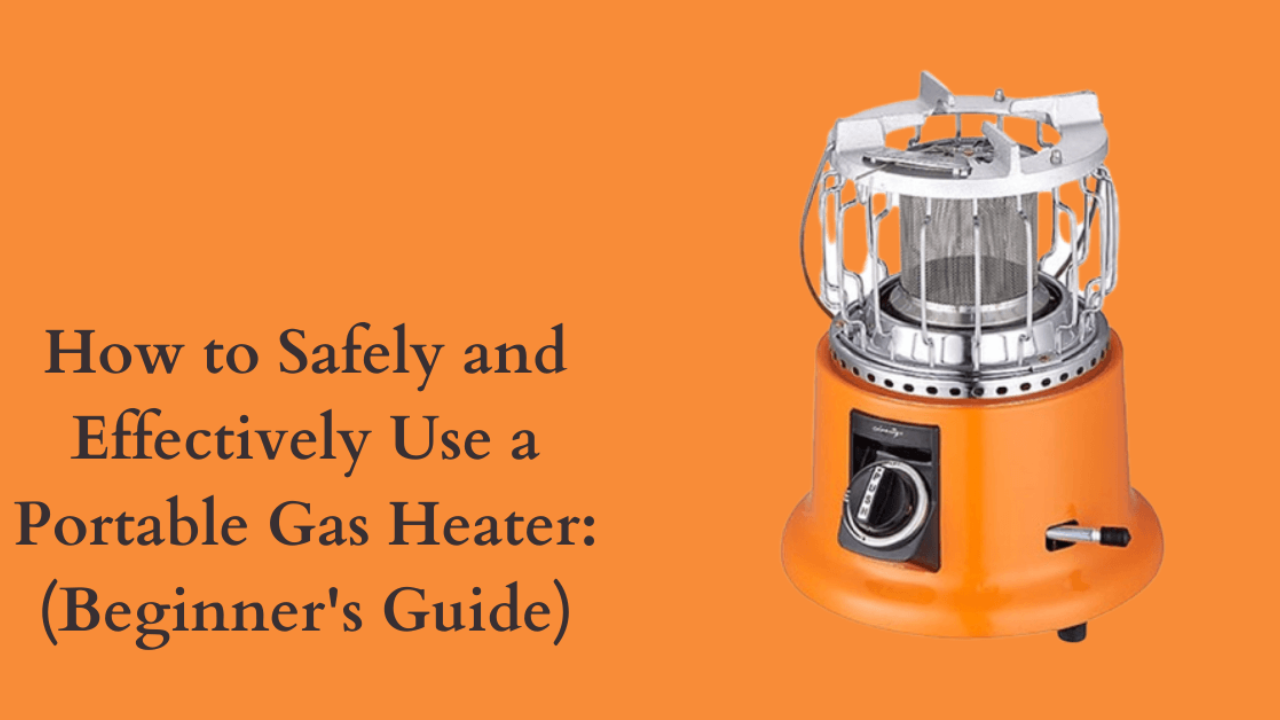Latest Gas Safety Technologies for Modern Homes
Gas appliances are a staple in many homes, offering convenience, efficiency, and cost-effectiveness. However, gas leaks, carbon monoxide exposure, and poor maintenance can lead to serious hazards. With advancements in technology, modern homes now have access to innovative gas safety systems that can detect, prevent, and alert homeowners to potential dangers—often before they become life-threatening. … Read more

